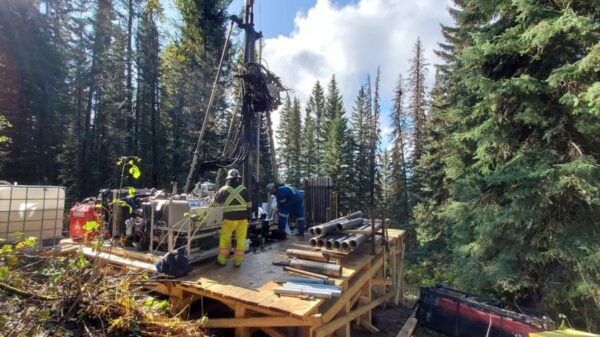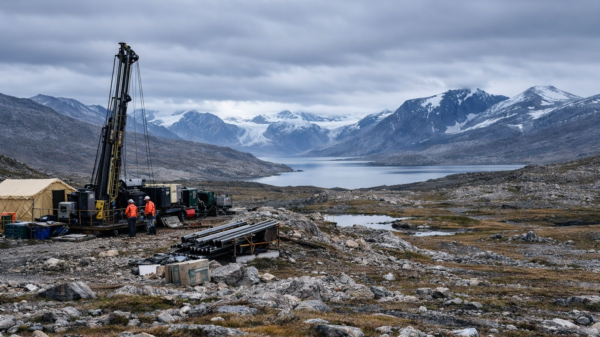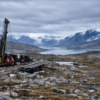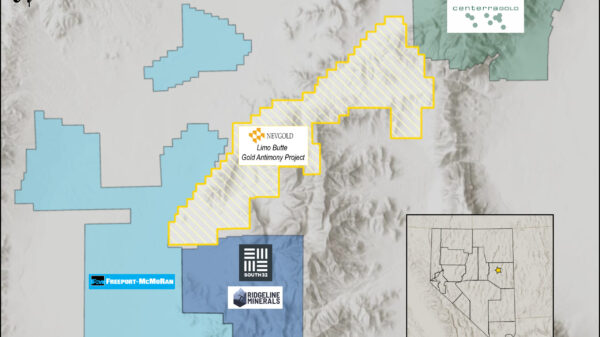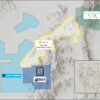The Government of Canada is investing $1.5 billion over seven years to fund critical minerals infrastructure projects that enable the development of clean technologies and achieve a net-zero emissions future.
This week, Minister of Energy and Natural Resources Jonathan Wilkinson, announced the launch of the call for proposals of the Critical Minerals Infrastructure Fund (CMIF) which aims to address key infrastructure gaps.
The fund aims to enable sustainable critical minerals production and to connect resources to markets. It will support clean energy and electrification initiatives as well as transportation and infrastructure projects to develop Canada’s critical minerals.
“As major enablers of clean technologies and clean energy sources, demand for critical minerals is projected to rise exponentially as the global economy continues to shift toward low-carbon solutions,” said Wilkinson.
Today, we announced the publication of Canada’s Major Projects Inventory, an annual repository of major projects in Canada that are being constructed or planned within the next 10 years, playing a pivotal role in shaping Canada's future.
Learn more: https://t.co/Bg0nAVKJUq pic.twitter.com/nzUok2Bije
— Natural Resources (@NRCan) November 20, 2023
Read more: Government of Canada establishes $1.5B fund for critical minerals projects
Call for proposals now open for first funding round
This is the first round of funding announced includes up to $300 million available under two streams including the pre-construction and project development stream and the infrastructure deployment stream.
Through these streams, applicants can get up to $50 million per project for nongovernmental applicants and up to $100 million per project for provincial and territorial governments investing in public projects.
The government expects to fund projects that address gaps in clean energy, drive emissions reductions and advance reconciliation with Indigenous Peoples.
The fund will cover costs related to site preparation and construction; most professional services, including research and engineering; salaries and benefits; training; administrative costs and others. The CMIF will fund up to 50 per cent of total eligible expenses, however, for Artic, Northern and Indigenous-led projects it will be 75 per cent and for public-private partnerships up to 33 per cent.
However, land acquisition, litigation fees, and general operating and maintenance expenses are not eligible for reimbursement.
“Developing Canada’s critical minerals value chains will not only boost the competitiveness of the minerals and metals sector, it will support the growth of our economy, support Canada’s transition toward a net-zero economy and create well-paying jobs for Canadians,” Minister of Innovation, Science and Industry Francois-Philippe Champagne said.







